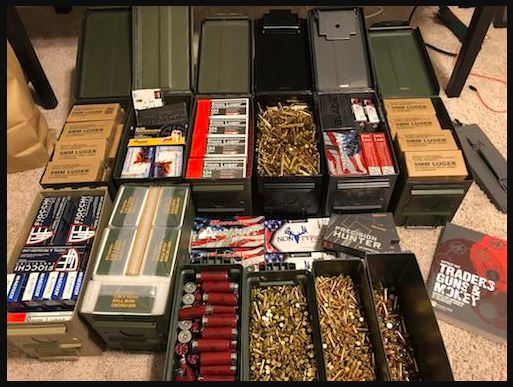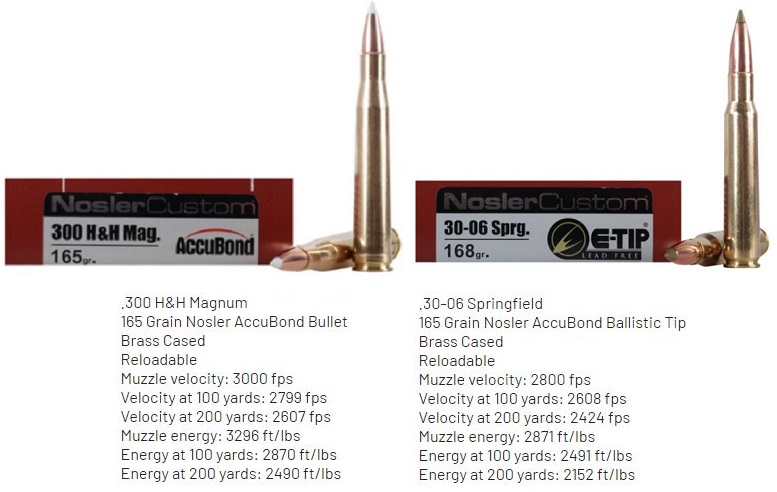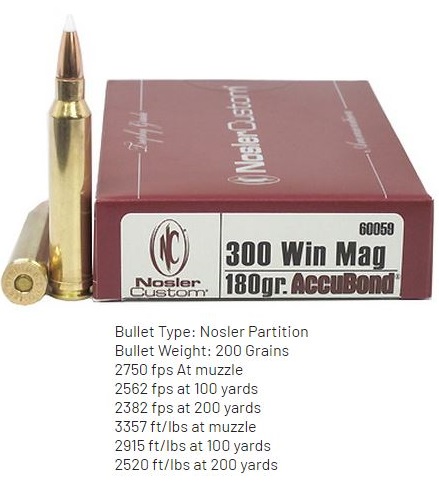I love emails like this one. As Longtime Readers know well, I’m always on the side of people with lengthy experience with specific guns, and Reader Mike L’s opinions fall well into this category. Enjoy.
I saw your posting today (2/22/20) regarding revolvers for everyday carry. I used to work for a major firearm manufacturer (though I do NOT speak for them, this is strictly MY opinion). When I worked there, firearms were 50% off MSRP.
627 – S&W makes 3 models of the 627. A 2.6 inch Performance Center, a 4 inch Pro series and a 5 inch Performance Center. ALL of these are built on the N frame, the same frame that the .44 Magnum revolvers are generally built on (there are a few .44 Magnums built on the K/L frames like the model 69 – those have the new fangled 2 piece sleeved barrels).
I have shot all of these model 627s. The 2.6 inch has slightly more recoil than the 4 and 5 inch, but not as much as you would think. That large frame soaks up recoil well. I personally like the 4 and 5 inch models. My father has a 4 inch 627. Great firearm. His is a Pro Series. Performance Center is built with decent care by a specialty department, the “Performance Center”. The Pro Series is Performance Center parts put together on the standard assembly line.
The 4 inch has a great balance overall, however this is a HEAVY firearm. Feels bulky. However even with full power .357 loads and HOT .38 +P loads this gun is a BEAST and handles them very well. Your hand won’t hurt after. There are a MULTITUDE of grips available (N frame) aftermarket so you can change them to your hearts content.
However, it might be worth you checking out the 686 PLUS models… There are 2.5 inch, 3 inch, and 4, 5 and 6 inch models as well. Standard barrels and heavy-weighted barrels, standard, Pro series and Performance Center. The one I might suggest to you is the 3 inch 686 PLUS model
The 3 or 4 inch 686 PLUS model will give you a smaller frame than the 627, but offer 7 rounds of .357 / .38. In addition, the 3 and 4 inch barrels are long enough for accuracy and great for carry and with 3 and 4 inch you get a great velocity even out of MOST 357 loads. The recoil is not awful even with hot loads, and there are a multitude of aftermarket grips for this gun available.
I myself prefer Ruger revolvers. I have a stainless GP100 4 inch. I put a fiber front sight on it and it wears hogue tamer rubber grips. But the 627 and 686 are great guns!
RELIABILITY – So let me tell you from my experience working at one of the ranges and doing a lot of shooting when I worked for this major manufacturer which models were the most reliable:
M&P – VERY RELIABLE. YES I KNOW, PLASTIC “FANTASTIC” – These RARELY broke. If they did it was a MIM part like the slide stop or the recoil spring. And let me clarify, the recoil springs were captured, so when I say the spring “broke”, at around 15,000 to 20,000 rounds I would see the spring tip pop out and the rod and spring became 2 piece. GUN STILL FIRED! And you could use it like that until you obtained a replacement spring. Slide stop breaking would just mean the slide didn’t lock back on these. They still worked. I personally saw a Shield 9 with over 50,000 rounds through it, an M&P 45 full size with over 100,000 rounds through it and I saw an M&P 40 with 50,000-plus rounds through it. You will spend more money in ammo many times over than this gun is worth.
K/L and N frame Revolvers – AWESOME! The VERY BEST! One gun was a stainless 686 built in the early 90’s. Burn rings that were baked on (front of cylinder was black). Grips that were worn smooth. It turned out this gun was from a rental counter. Smith gives a lifetime warranty to individuals, but 1 year to rental guns. Management decided to honor the warranty on this one if it was told how many rounds were through it. The owner said “at least 500,000”. Thing was worn, that was for sure! But it finally had the firing pin break and the leaf spring style mainspring was loose. All Mechanical things wear.
I also had a fleet of these at the range I was in charge of. These rarely broke. If they did it was the screw for the cylinder release or a sight coming loose (roll pin working loose). They had thousands and thousands of rounds through them. I have heard 3rd hand of the internal lock sticking when firing and had seen some examples of customer guns coming back, but I didn’t ever witness a lock up in person. Usually when that lock locked up, it was something else wrong, like someone doing home gun smithing, or a defect from the get go. If you shoot very hot loads, the forcing cones on the 686 wear a little faster than the Ruger’s, but not at some insane rate either though. I myself prefer the Ruger GP100, but it’s FORD VS CHEVY debate here… Both the 686 and the GP100 are solid guns, and they last a LONG TIME! If you like the 686 but want blue, check out the 586, which is a pretty sweet piece. If you do go with the 627, that holds up without issue. That frame can handle .44 Magnum. You are NOT going to wear that thing out with .357 rounds. Might put some wear on the forcing cone with hot loads, but any revolver, even Ruger can have that happen.
J frames – Mixed results. Majority of these were VERY reliable. The .357 models HURT LIKE HELL to shoot [yup — K.] and the forcing cones would wear out. The 360 PD seemed like a good idea, but not the best to use. It is beefed up from the .38 J frames, but that thing doesn’t hold up with .357 loads non stop.
The .38 J frames are generally bullet proof. Of course, .38 +P loads hurt a little to shoot, but hey, it’s a backup gun. What do you want? You can even get a 442 (Black) or 642 (silver) without that damned internal lock if you like.
For the recoil shy or if your hands aren’t up to the .38, check out the 351 PD, which is a .22 Win Mag model, 7 rounds. Very light recoil. External hammer. GREAT backup piece. FUN to shoot.
.45 ACP revolvers – These held up well. Barely any wear on these. I saw one with over 10,000 rounds. Grips were a little smooth on it from handling but other than that functioned well. The .45 ACP doesn’t wear a revolver all that much. Recoil is not that bad. JUST MAKE SURE YOU ARE OK WITH MOON CLIPS. I do not mind moon clips, but some people hate them. Moon clips are generally much cheaper than magazines for semi-autos.
1911’s – Generally reliable. But as you saw, I saw the same thing. 3 pieces usually broke on 1911’s:
1 – the safety plunger and safety catch
2 – the magazine catch –
3 the slide stop catch and pin that held the slide on.
Usually when one of these parts broke, the gun went down hard. They shoot great, but they were the least reliable of all of the models. Not that they sucked, they just didn’t have the reliability of the revolvers or the plastic stuff is all. Overall revolvers held up better than 1911 models. Plastic stuff held up surprisingly well too.
Oh, and the 4 inch S&W model 19 is a VERY sweet piece. If you want a little lighter frame than the 686, but still something substantial. I saw recently there is a 3 inch ported version available too. I like the SP101, but the SP101 holds 5 rounds, Model 19 is 6 rounds and is blued, which is damn nice!
FOOD FOR THOUGHT.
If you go with a 627, 686 or 586 (cuz blue is just so classic and awesome!), you could use .38 +P in both your main and your backup 637. This way, you carry one type of ammo for both. So no matter what piece you are using to fend off the goblins, you don’t need to think about which ammo goes with which boomstick.
New Colt Python? Um, yeah, right lol! Read the many issues with these… Lemons. They are too new and too expensive.
Hope this long long long rant helped…
Anytime, Mike… and that goes for the rest of you too.










